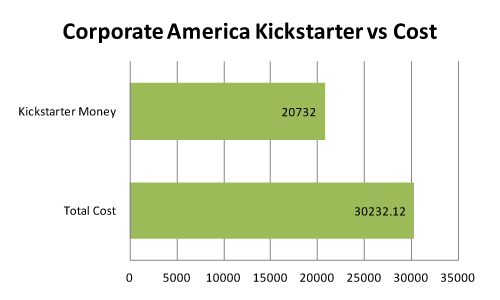Today I’d like to address an issue brought up by one of my patrons: what do you do when a mechanic doesn’t work out? Do you have to scrap the whole project, or are there measures you can take to salvage some of it?

In design, dead end paths don’t have warning signs. You have to explore to find out they’re dead ends. Image from Brian Gaynor Photography.
All designers are familiar with this topic, often with sad associations. Because as a designer, you need to expect “failures” like mechanics that don’t work. Why? Because we’re explorers! And explorers sometimes encounter dead ends. You need to take risks when you’re making games (or making anything, really), and sometimes those risks won’t work out as well as you hoped they would.
When that happens, it’s important to be able to identify the problem and move forward, learning from the experience rather than dwelling on the past. Remember, a good designer isn’t someone who never has bad ideas; a good designer is someone who knows how to recognize and move on from bad ideas.














